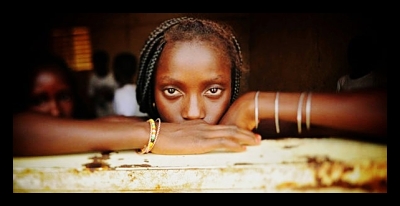The 10 Worst Countries to Be Born In

In the United States, the average person will live to be 78 years old. In that time, they’ll likely get married, have children of their own, have a long career and then spend roughly 13 years in retirement. For most of us, this seems like the natural progression of life. In many places around the world however, many people won’t live to see the day they become grandparents and the idea of retirement is just a pie in the sky.
What does low life expectancy tell us?
The World Bank defines life expectancy at birth as the number of years a newborn can be expected to live, assuming no change in the living conditions of the country present at birth. When life expectancy in a country is low, it indicates a lack in some of the basic necessities required to live a long, healthy life.
This often includes things such as clean drinking water, nutritious food, hygienic living conditions and adequate health care. But in some cases, it is far more complicated than that. AIDS related deaths in sub-Saharan Africa for example, have been driving down average life expectancy for decades. Conflict, war and genocide also contribute to a shorter average life span.
The following is a list of 10 countries with the lowest life expectancy numbers on the planet, the 10 worst places to be born. For comparison, life expectancy in the United States was 48 in the year 1900.
10. Mozambique
Life expectancy: 50 years
9. Chad
Life expectancy: 50 years
8. Zambia
Life expectancy: 49 years
7. Afghanistan
Life expectancy: 49 years
6. Swaziland
Life expectancy: 49 years
5. The Democratic Republic of the Congo
Life expectancy: 48 years
Life expectancy: 48 years
Life expectancy: 48 years
2. Lesotho
Life expectancy: 48 years
1. Sierra Leone
Life expectancy: 48 years
These figures express the importance of global health initiatives undertaken by the World Health Organization (WHO), the Bill & Melinda Gates Foundation, and other health actors on the world stage. Many government health ministries and non-governmental health organizations are also stepping up to meet these challenges. These efforts are imperative for global development and their continued persistence can eventually lead to long and healthy lives for people in these countries.
– Erin N. Ponsonby
Sources:World Bank, Washington Post, Berkeley
Photo:Alexia Foundation
